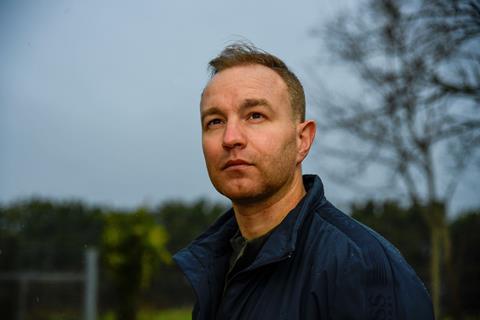The Criminal Cases Review Commission (CCRC) will make its final decision in March on the case of the only person to be convicted in the alleged fixing of the Libor interest rate.
Tom Hayes has asked the CCRC to review his case. Commissioners will decide if Hayes, who is still on licence from an 11-year prison sentence, can take his case to the Court of Appeal in light of new evidence since his 2015 trial.

It is one of the last steps available to help Hayes clear his name.
Hayes was convicted of eight counts of conspiracy to defraud in August 2015. He was the only individual convicted of offences in connection with the manipulation of Libor. During that time, Hayes was portrayed as the ‘face’ of the traders looking to profit from manipulating Libor, the average daily interest rate submitted by banks.
The 2015 trial’s principal argument was whether Hayes had been acting dishonestly when attempting to move Libor rates during his time working for UBS and then Citigroup in Japan as a Japanese yen derivatives trader.
The CCRC will review Hayes’ case and submit its final decision on 13 March. If it decides in Hayes favour, he will be able to take his case back to the Court of Appeal.
Hayes previously appealed against his conviction and sentence to the Court of Appeal and his sentence was reduced from 14 to 11 years.
Hayes, who has always maintained his innocence, was the first person to be arrested in connection with alleged Libor manipulation. Last year, Hayes had his US criminal case in relation to Libor manipulation dismissed by a New York judge. The court said there was ‘no provable case’ after the convictions of two other traders were overturned.
Hayes told the Gazette: ‘I’m pleased the CCRC have taken [my] representations against their previous decision seriously and see fit to reconsider the matter. I hope they decide to refer me back to the Court of Appeal. Any referral ultimately is good, any grounds they refer me to ultimately is good.
‘It’s been over six years of my application to the CCRC which I believe to be the longest continuous application in the history of the CCRC. I am feeling relieved to get to a point of resolution, but after the previous decision I am obviously wary about what that final decision will be.
‘Even in the event of a negative decision, my fight to get back in front of a tribunal will continue.’


























